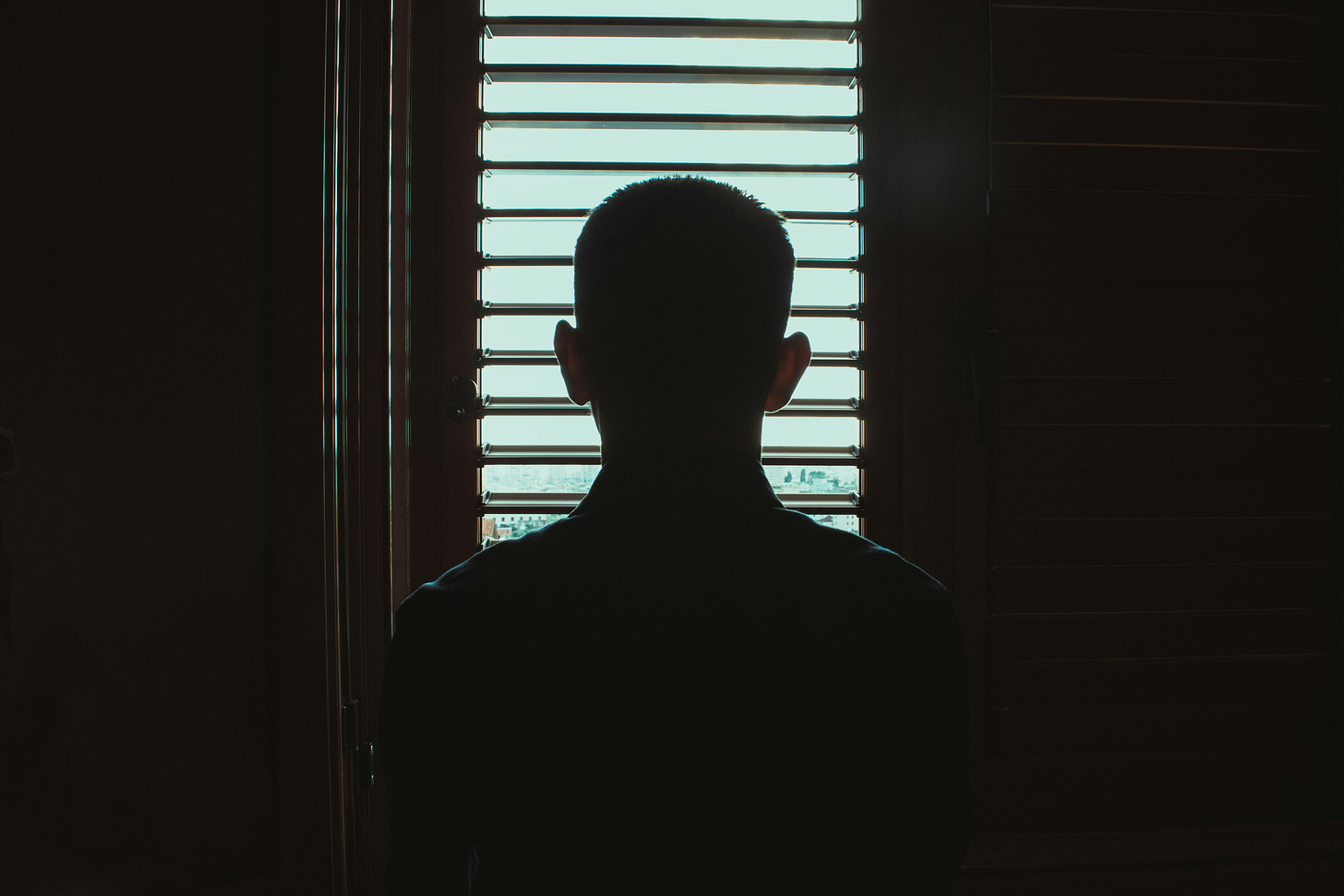Dirtbag Son
The story of my mother - Part 3
As a child, I didn't know what alcoholism or trauma meant. But I became the emotional trash bin very early.
This went on into my university years. My mother called me every single day. My friends often asked why I was on the phone without saying anything. I always replied:
“It’s my mother.”
“Did she ask how you are?”
“No.”
We always had financial problems. My parents didn’t earn much. After my father quit his job, he spiraled down. Drank a lot. Didn’t work. I remember one day climbing into our cherry tree and refusing to come down until they promised to divorce. I was seven.
But there was no escape. When my father wasn’t drunk and violent, my mother collapsed into loud desperation.
She screamed that she’d go into the basement and kill herself.
That we’d be alone.
That we’d be ruined.
I was terrified.
One day the threat of his fists, the next the terror of her suicide.
She had no friends. No one to talk to.
She had me.
I was her “best friend.”
My brother coped differently – he hid, locked his door, turned up the music. He interfered once, and my father pushed him into the fridge. He never tried again.
I was always in the war zone.
Crying. Trying to separate them. In vain.
As a teenager, I began going out more – but every time I asked for a few coins to buy a drink, the price was high.
She threw her wallet on the table:
“Take the money, and I will die working for it!”
That’s how my evenings with friends began – soaked in guilt.
I slowly began to realize that her problems shouldn’t be mine. I was a child. A teenager. Not a therapist or financial advisor.
But she didn’t tolerate disagreement.
If I said anything critical, she went silent.
For days.
Sometimes weeks.
She knew I would eventually come back.
Because I needed something.
So I learned:
Love is conditional.
Help comes with guilt.
Needs are dangerous.


